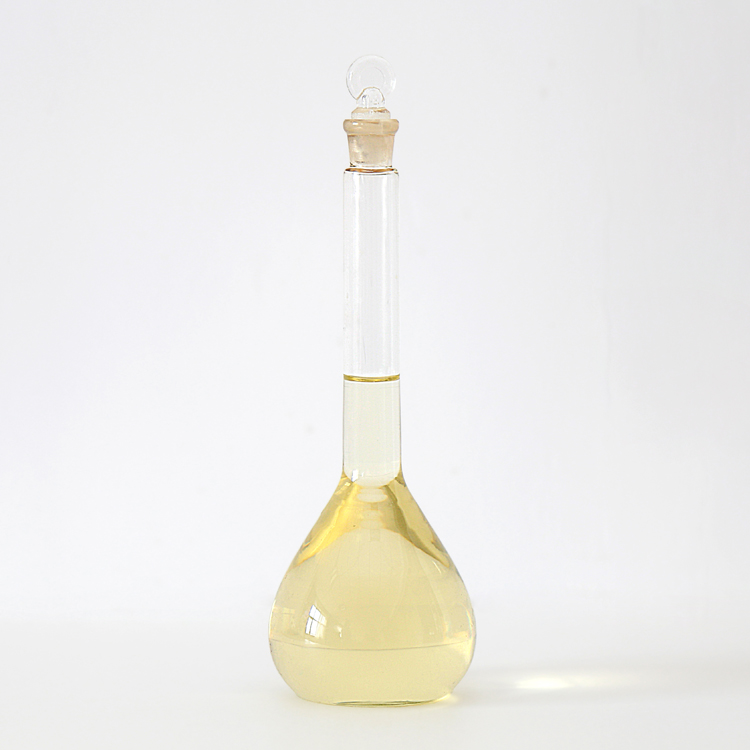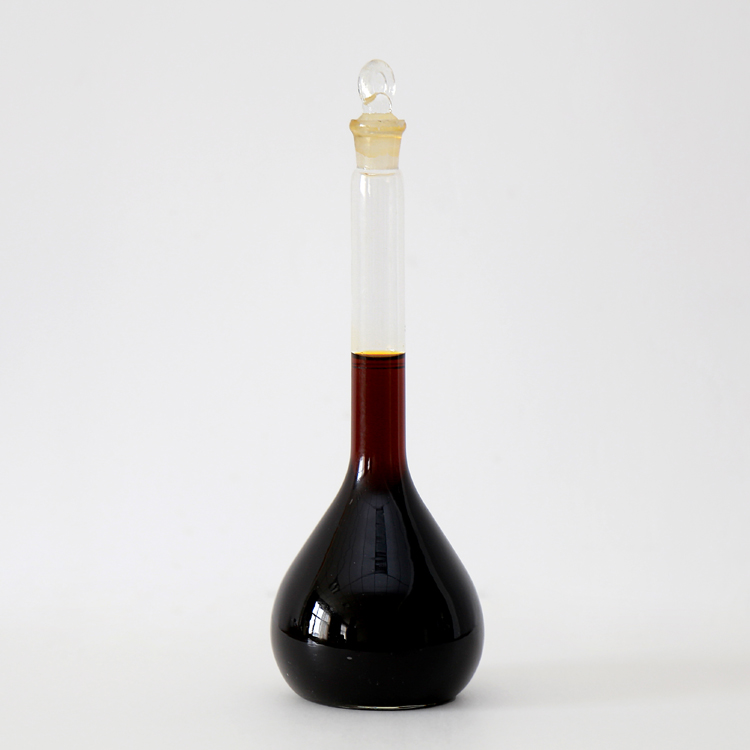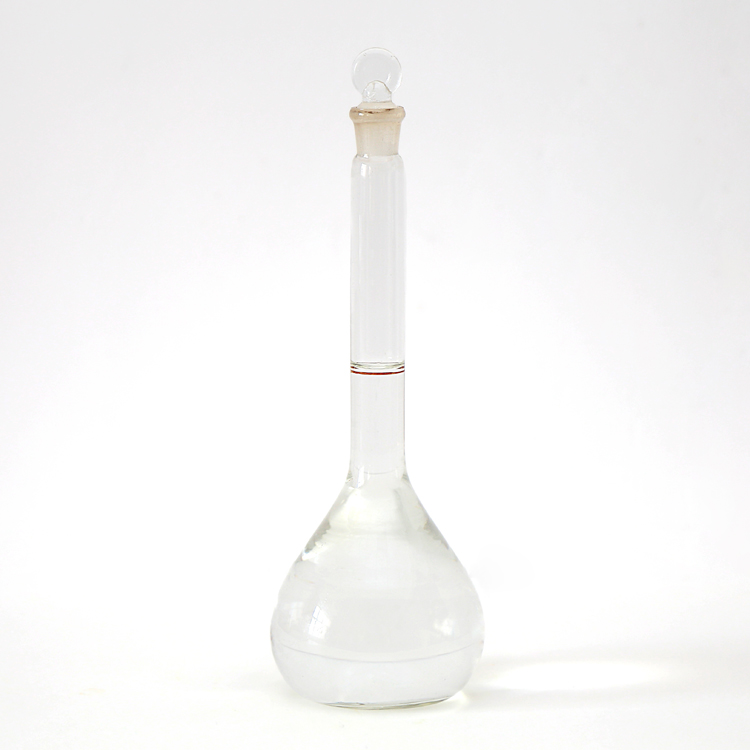
COMPANY NEWS
- Home >> NEWS >> COMPANY NEWS
Product recommendation
Hot News
Contact us
- Tel:+86-0391-3126812
- Phone:+86-15803910375
- Add:The west industrial cluster area of Jiaozuo City, Henan province, China
- E-mail:aefk@aefkchem.com
Polyaluminium chloride can remove heavy metals from water
Polyaluminum chloride coagulant is a cationic inorganic polymer flocculant, which is mainly used for the purification of drinking water and industrial water supply, as well as the treatment of industrial wastewater. Polyaluminum chloride has strong adaptability and can be used for the treatment of various industrial wastewater. Under the condition of highly concentrated modern large industry, the wastewater discharged from industrial production, especially the heavy metal wastewater, is increasingly polluting the surrounding environment. The pollution of heavy metals is to discharge industrial wastewater containing heavy metals into rivers and lakes, which will directly have a serious impact on fisheries and agriculture, and directly or indirectly endanger human health.

Polyaluminum chloride is used to remove heavy metals from water. Heavy metal wastewater mainly comes from the wastewater discharged by mining, smelting, electrolysis, electroplating, pesticide, medicine, paint, pigment and other enterprises. Mining process wastewater and mining wastewater from metal mines mainly contain suspended solids and acids, generally including one or several metals and nonmetals, mainly including calcium, iron, manganese, lead, copper, etc. Iron making process wastewater and blast furnace gas washing wastewater are the main wastewater of iron making process, containing a large amount of suspended solids. Its main components are chlorides such as iron, zinc and silicon. The pickling of steel rolling in iron and steel enterprises, especially the pickling of stainless steel surface, can also produce metal wastewater containing iron, zinc and lead.
Wastewater from metal processing is mainly acid waste liquid generated from metal surface cleaning and rust removal. Metal materials are often pickled with sulfuric acid and hydrochloric acid, while stainless steel is pickled with nitric acid and hydrofluoric acid. After pickling, the steel shall be rinsed with clean water to produce acid wastewater. Generally, the residual waste liquid after rinsing contains about 7% acid, which contains a large amount of dissolved iron. The pH value of rinsing water is 1-2. The acid waste liquid and rinsing water will cause serious pollution if they are discharged without treatment.
Electroplating wastewater mainly comes from rinsing of plated parts, and a small amount of process waste liquid is discharged. The quality of electroplating wastewater varies according to the plating species and electroplating process. Generally speaking, the metals in electroplating wastewater are relatively simple. Although the amount of water is small, its concentration is often high and toxic, mainly containing acid, copper, chromium, zinc, cadmium and other metal ions.
The use of polyaluminum chloride to remove heavy metals in water is mainly to generate large precipitable substances by reacting with the substance salts in water to achieve the effect of water purification. Some heavy metal salts dissolved in water are inert and may not be able to react with polyaluminum chloride. Therefore, although polyaluminum chloride can remove some heavy metals in water, it is absolutely undesirable to completely use polyaluminum chloride to remove heavy metals in water, In order to effectively remove heavy metals in water, it is necessary to select appropriate agents according to the content and type of heavy metals in water to achieve the desired effect. Heavy metals are permanent pollutants.
Heavy metal wastewater must be properly treated. First, we should try to reduce the amount of waste water, recover useful metals as much as possible, recycle the wastewater after proper treatment, and discharge as little or no wastewater as possible. Purify the wastewater that must be discharged to make it meet the discharge standard. If the generated sludge and concentrated liquid have no recycling value, they should also be treated innocuously to avoid secondary pollution.
Thank you for your attentionHenan aierfuke Chemical Co., Ltd:Focus on water treatment, only for the healthy world! Our company is committed toPolyaluminium chloride、Polyferric sulfateThe R & D, manufacturing and sales of series of water purification materials are willing to create success with our customers and friends.
 Chinese
Chinese English
English Russia
Russia




